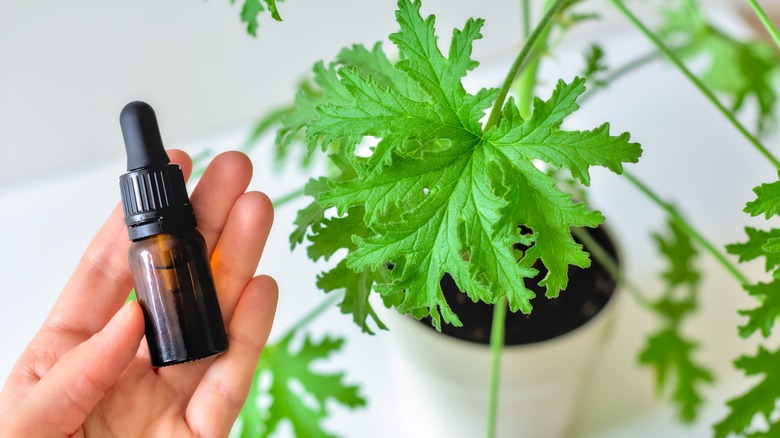You may have come across online sources suggesting the use of citronella oil or candles to repel cockroaches. It’s an interesting proposition, especially when you delve into the scientific backing behind it. The Environmental Protection Agency’s Oil of Citronella fact sheet categorizes it as a biopesticide, hinting at its potential as a natural insect repellent. Further supporting this, a 2024 study published by the International Journal of Innovative Agriculture & Biology Research found that citronella oil mixed with 1 milliliter of 70% alcohol was 87.77% effective against German cockroaches. This finding suggests that citronella oil, especially when combined with alcohol, can be quite potent. However, before you rush out to buy citronella oil, there’s more to consider. Evidence supporting the effectiveness of this natural oil alone or in the form of candles is largely anecdotal. Further, some pest control companies like EcoShield Pest Solutions actually claim that cockroaches aren’t deterred by the scent.
Moreover, dealing with cockroaches isn’t as straightforward as just using a single substance. Understanding cockroaches — their breeding habits, how they infiltrate homes, and their hiding spots — is crucial. These pests are prolific breeders, and relying solely on this natural ingredient probably won’t be enough to tackle an infestation. In this context, it’s crucial to approach cockroach control with a blend of solutions tailored to the specific nature of your situation. So, while this essential oil, particularly when mixed with alcohol, could be effective, it’s not a comprehensive solution when getting rid of cockroaches.
Understanding cockroaches and why this oil may not work

Cockroaches are more than just typical household pests; they’re astonishingly adept at survival and are masters at accessing homes. They can squeeze through minuscule cracks and crevices, hitchhike in bags or boxes, or enter through drains and vents. Once inside, they seek out the most favorable conditions — typically dark, moist, and hidden areas. Places like under kitchen sinks, behind refrigerators, and inside wall voids are prime real estate for these pests. Further, their breeding behavior is just as impressive. Consider this: a single female cockroach can lay an incredible number of eggs in her lifetime, with each egg case (called an ootheca) containing up to 50 eggs. Once hatched from their eggs, the nymphs can rapidly mature into adults, capable of reproduction in just a matter of months.
This fast-paced life cycle means that even a seemingly-small cockroach problem can escalate into a major infestation in a very short amount of time. While citronella, especially when mixed with one milliliter of 70% alcohol, has shown effectiveness in repelling cockroaches, it’s important to remember that this method is mostly only effective for repelling them from certain areas (if effective at all) and not your whole home. Given their rapid breeding and versatile hiding strategies, relying solely on any scent-based repellents is unlikely to work. That being said, there’s no harm in spraying the mixture in areas where you’ve noticed cockroach activity — just keep in mind that there’s more work to do.
Effective cockroach control strategies
Dealing with cockroaches requires more than just a citronella oil solution. These tough pests need a thorough approach. Start with cleaning, as a clean house is your first line of defense. Food is mostly what attracts cockroaches, since they love leftovers, grease, and even tiny crumbs. A spotless kitchen, well-sealed food containers, and regular trash disposal can drastically cut down on their food supply. It’s about making your home less inviting to these unwelcome guests. You can also try using baits, which aren’t just effective but are also clever in their approach. Baits lure roaches with enticing food mixed with poison, which the pests then take back to their hideouts, potentially wiping out the entire colony. It’s a targeted attack right at the source.
Beyond these methods, there’s another angle to consider: landscaping. Roaches often enter homes from outdoor areas, so try to keep your yard clean by eliminating debris and sealing cracks and openings in your home’s exterior. But let’s be real: sometimes the situation calls for the big guns. If you’re facing a serious infestation, it’s time to call in professional pest control. These experts bring in the heavy artillery — specialized treatments that go beyond what you can do on your own. They tailor their approach to your specific situation, ensuring that the solution is effective and lasting. So, while that mix of citronella oil and alcohol might give you a temporary edge, remember that it’s just a part of a bigger battle plan.